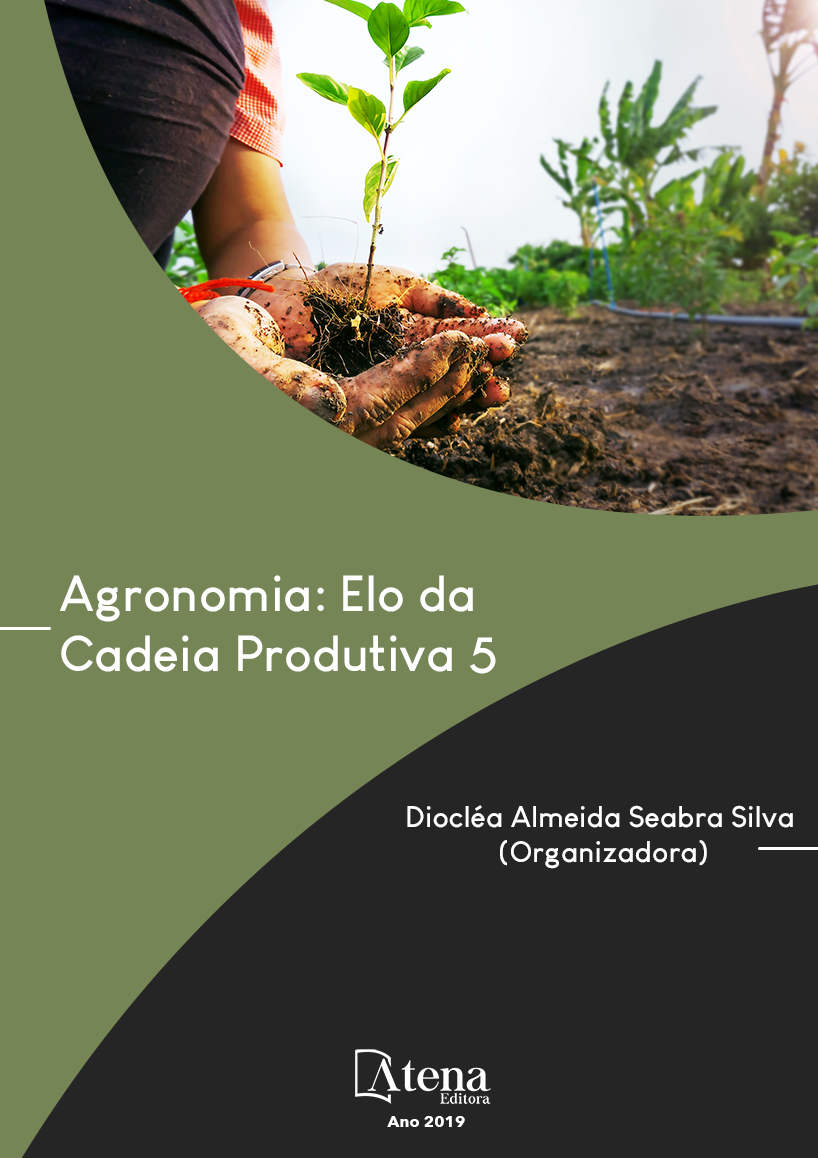
DINÂMICAS DE USO DA TERRA NA AGRICULTURA FAMILIAR: O CASO DA COMUNIDADE RURAL DE TATAJUBA, VISEU-PARÁ.
O presente trabalho trata das
dinâmicas de uso da terra na agricultura
familiar, na comunidade rural de Tatajuba,
Viseu, Estado do Pará. O objetivo é analisar
o perfil socioeconômico e a dinâmica de uso
da terra no contexto da Agricultura Familiar
da comunidade rural do Tatajuba, Viseu-Pará.
A metodologia utilizada foi uma entrevista
estruturada com abordagem individual
domiciliar, compreendendo 70 residências
rurais. A pesquisa de campo foi realizada
durante cinco dias (1º, 02, 03, 04 e 5 de maio de
2018). No processo de coleta das informações,
foram visitadas aproximadamente 11 a 13
famílias por dia. A classificação da metodologia
da pesquisa é do tipo quali-quantitativa. Partese do pressuposto de que a Agricultura Familiar
é de suma importância para a economia do
país, uma vez que esse segmento é uma das
fontes geradoras de alimentos pelo mundo, na
medida em que os alimentos produzidos são
para o consumo imediato. Constatou-se que
as famílias rurais dessa comunidade habitam
em terrenos com dimensionamento menor que
meio lote. Além disso, os agricultores, em sua
maioria, realizam trabalhos na agricultura e
não existe propriedade que trabalhe somente
com a pecuária. Entende-se, portanto, que a
produção agrícola e animal da localidade é uma
característica da especificidade da Agricultura
Familiar, que visa ao consumo da produção.
Estudos mais específicos da dinâmica de uso da terra devem ser realizados nessa zona rural, principalmente com enfoque nas que
compõem a comunidade do Tatajuba.
DINÂMICAS DE USO DA TERRA NA AGRICULTURA FAMILIAR: O CASO DA COMUNIDADE RURAL DE TATAJUBA, VISEU-PARÁ.
-
DOI: 10.22533/at.ed.24319031223
-
Palavras-chave: Agricultura, Dinâmica, Produção, Lavoura.
-
Keywords: Agriculture, Dynamics, Production, Farming.
-
Abstract:
The present work deals with the dynamics of land use in family agriculture
in the rural community of Tatajuba, Viseu, state of Pará. The objective is to analyze the
socioeconomic profile and the dynamics of land use in the context of family agriculture
in the rural community of Tatajuba, Viseu-Pará. The methodology used was a structured
interview with an individual household approach, comprising 70 rural residences. The
field research was carried out during five days (1, 02, 03, 04 and May 5, 2018). In the
information collection process, approximately 11 to 13 families were visited per day. The
classification of the research methodology is of the qualitative-quantitative type. The
assumption is that family farming is of paramount importance to the country’s economy,
since this segment is one of the world’s food-producing sources, as the food produced
is for immediate consumption. It was verified that the rural families of this community
inhabit in lands with smaller scale than half lot. In addition, farmers mostly work in
agriculture and there is no property that only works with livestock. It is understood,
therefore, that agricultural and animal production of the locality are characteristic of the
specificity of Family agriculture, which aims at the consumption of production. More
specific studies of the dynamics of land use should be carried out in this rural area,
mainly focusing on the areas that make up the Tatajuba community.
-
Número de páginas: 15
- ANTÔNIO MARIANO GOMES DA SILVA JÚNIOR
- LILIANE MARQUES DE SOUSA
- DAIANE PANTOJA DE SOUZA
- LÍVIA TÁLITA DA SILVA CARVALHO
- HENRIQUE DA SILVA BARATA
- JONATHAN BRAGA DA SILVA
- HIAGO MARCELO LIMA DA SILVA
- ALASSE OLIVEIRA DA SILVA


